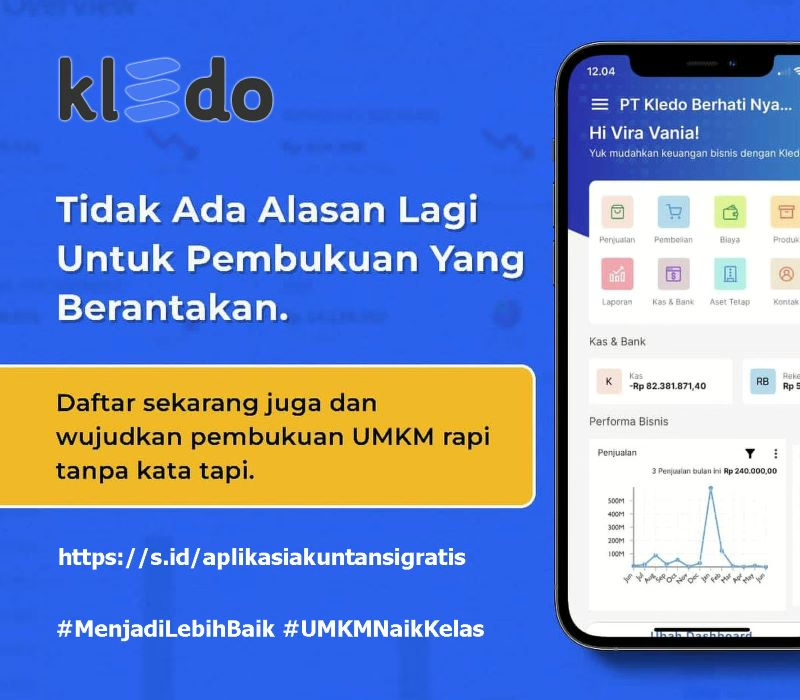Python Web Development: Tools, Frameworks, and Best Practices
It goes without saying that python web development is growing more and more popular by day. Up and coming developer-to-be are choosing this high level programming language. And if you are one of them, this blog is for you.
Here, we shall be discussing some of the best tools, frameworks, and best practices to help you when you create web application in python.
Python Web Development Tools
Therefore, with this being said, let’s get right into it, starting with the python web development tools.
Python web development tools often help python developers much in the development process. So, regardless of the form, these are some tools that can help you with Python web development.
- PyCharm – The Code Sorcerer
Wave your coding wand with PyCharm, the code sorcerer’s apprentice. This spellbinding Integrated Development Environment (IDE) makes writing Python web applications a magical experience. It will assist you with code completion, debugging, and much more.
- Beautiful Soup – The Web Scraping Maestro
Calling all data adventurers. Beautiful Soup is the web scraping maestro that will help you collect valuable information from websites with ease. Prepare to embark on thrilling data-gathering quests like never before.
- Jinja2 – The Template Artist
Unleash your creativity with Jinja2, the template artist of Python. This templating engine lets you craft stunning web pages by combining Python code with HTML templates. Your web creations will be a sight to behold.
- Gunicorn – The Web Server Unicorn’
time to ride with Gunicorn, the web server unicorn. This graceful creature will gracefully run your Python web applications, handling multiple requests like a pro. Say goodbye to slow loading times and embrace the magical speed.
- Requests – The HTTP Voyage
Set sail on the vast seas of the internet with Requests, your HTTP voyager. This library makes sending HTTP requests and handling responses a breeze. You’ll navigate the web like a seasoned explorer.
Python Web Development Frameworks
Now that we are done with python web development tools, it’s time to look at the main focus of this blog which is python web development frameworks.
Here, we shall also be discussing each framework along with their feature. Therefore, with this being said, let’s get right into it:
- Flask – The Magical Micro-Framework
Flask is like a little magic potion that gives you the power to create web applications with minimal effort. It’s super easy to learn, and you’ll be conjuring up web pages in no time.
- Lightweight and easy to learn
- Built-in development server and debugger
- Extensible with various extensions
- Supports URL routing for creating clean and structured URLs
- Template rendering for building dynamic web pages
- Great for small to medium-sized projects and APIs
- Django – The Web Wizard
Step into the realm of Django, where python web development becomes a spellbinding adventure. With its enchanted tools and powerful features, you’ll build web applications like a true web wizard.
- Feature-rich and highly scalable
- Built-in admin interface for easy content management
- Powerful ORM (Object-Relational Mapping) for database interactions
- URL routing and built-in template engine
- Robust authentication and authorization system
- Excellent community support and extensive documentation
- FastAPI – The Speed Demon
Zoom into action with FastAPI, the speed demon of Python web development frameworks. It’s lightning-fast and will have your web apps running like a flash. Get ready to leave your competitors in the dust.
- Blazing fast and asynchronous
- Auto-generates API documentation with Swagger UI and ReDoc
- Built-in support for data validation and serialization
- Easy handling of query parameters, request bodies, and headers
- Ideal for building high-performance web APIs
- Bottle – The Tiny Enchanter
Meet Bottle, the tiny enchanter with a big heart. This lightweight web development framework is perfect for small projects and quick incantations. Don’t underestimate its powers, as it can still work wonders.
- Compact and lightweight
- Minimal dependencies and easy to get started
- Simple route definition and template rendering
- Good choice for small projects or prototyping
- No external dependencies other than the standard library
- Pyramid – The Pyramid Master
Enter the domain of Pyramid, the master of python web development frameworks. It offers great flexibility and lets you build grand applications with ease. Unleash your creativity and reach new heights.
- Highly flexible and configurable
- Supports both small and large-scale applications
- Follows the “pay only for what you use” philosophy
- Robust authentication and authorization capabilities
- Integration with various templating engines and databases
- Tornado – The Storm Chaser
Prepare for a wild ride with Tornado, the storm chaser of Python frameworks. Its asynchronous powers will handle heavy traffic like a breeze. Brace yourself for a thrilling web development adventure.
- Asynchronous and non-blocking I/O support
- Ideal for building real-time web applications and long-lived connections
- High performance and scalability
- Includes a web server to serve applications directly
- Suitable for handling high-concurrency scenarios
- Web2py – The Friendly Sorcerer
Say hello to Web2py, the friendly sorcerer that makes web development a delightful experience. It’s beginner-friendly and takes care of many tasks, so you can focus on creating magic.
- Beginner-friendly with a simplified syntax
- Integrated web-based IDE for development and debugging
- Built-in ticketing system for error reporting
- Supports multiple databases and follows MVC architecture
- Requires minimal configuration, making it easy to deploy
- Falcon – The Feathered Fury
Release the fury of Falcon, the fast and furious framework. It’s perfect for building high-performance web APIs, and you’ll be amazed at how swiftly you can handle requests. Thus, making it one of the best python web development framework.
- Designed for high-performance APIs
- Minimal overhead and fast request processing
- Extensive support for HTTP methods and status codes
- Flexible middleware support for custom request handling
- Excellent choice for building RESTful web services
- CherryPy – The Sweet Cherry
Indulge in the sweetness of CherryPy, the delightful web framework. It’s easy to use and makes building web applications feel like a walk through a cherry orchard.
- Easy to use and beginner-friendly
- Built-in server for quick deployment and testing
- Supports URL mapping and dispatching
- Provides an extensible configuration system
- Suitable for both standalone and embedded applications
Best Practices For Python Web Development
Lastly, let’s look at some of the best practices that you should follow in python web development process in the section below.
Keep Your Code Clean and PEPpy
Follow the PEP 8 guidelines like a pro. Write clean, readable code that even aliens from outer space would understand. Consistent indentation and naming conventions will make your code look out-of-this-world awesome.
Virtual Environments-Your Space Bubbles
Create virtual environments like little space bubbles for each python web development project. They keep your dependencies tidy and prevent conflicts between different projects. Say goodbye to chaotic installations.
Astronautic Version Control with Git
Blast off to the stars with Git. Version control lets you travel back in time and explore different project versions without getting lost in the cosmos. It’s your safety net in the vast universe of code.
Embrace Unit Testing
Before your code takes off on a cosmic journey, test it thoroughly. Unit testing ensures your functions work like well-oiled rocket engines. Safeguard your projects from intergalactic bugs.
The Documentation
Write stellar documentation to guide fellow astronauts on your team. Share your knowledge about the project and its functions, making it easy for others to jump on board.
Conclusion
This is all you need to know about python web development tools, frameworks, and best practices. And with this, we conclude the blog.
Now, if you want to learn more about other things, such as cost to hire python developer, it’s highly recommended that you consult a python app development company or an online source. (CW)





Comments are closed.